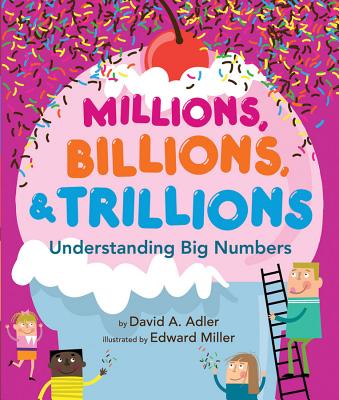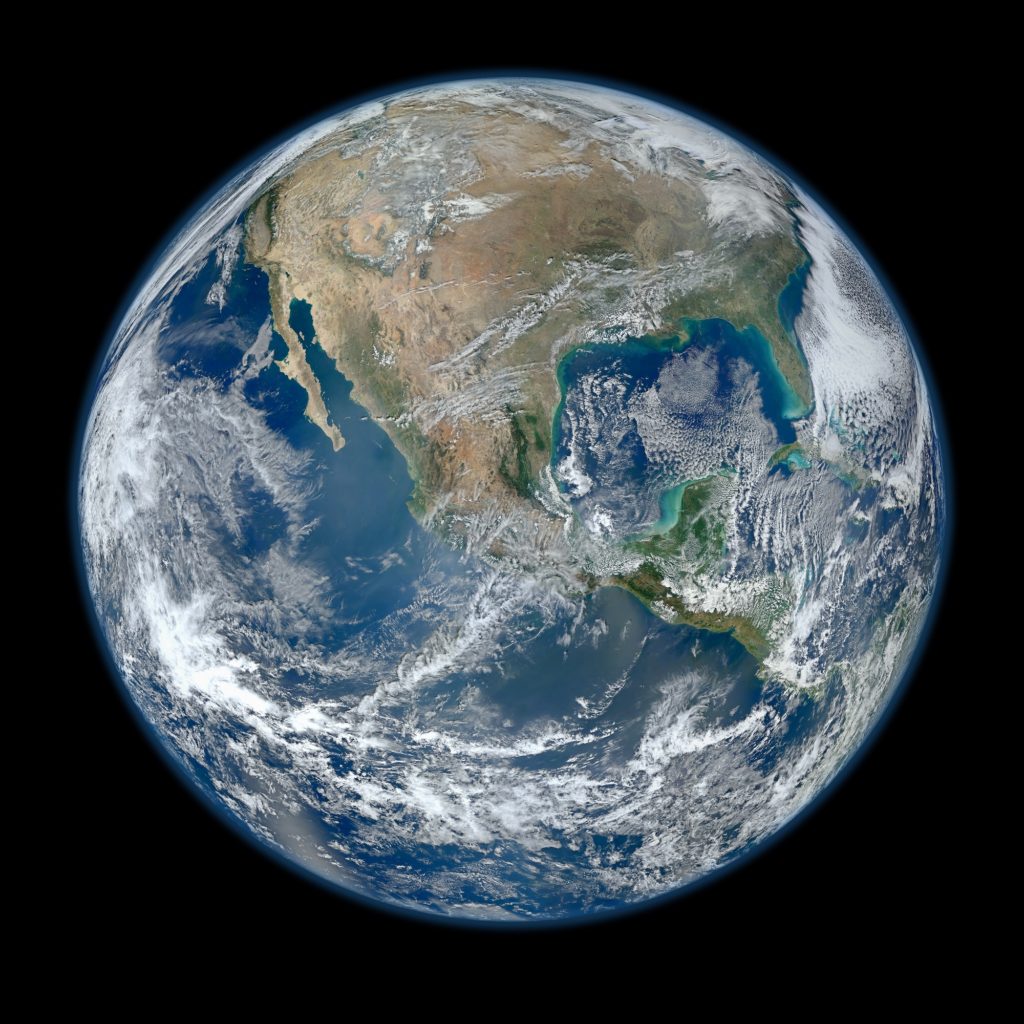Despite the seemingly unrelated headline, this is in fact the third installment of posts about space exploration. To further understand my stance on the first space exploration post of “Let’s Stop the Billionaires from Controlling Space Exploration”, I think it’s important to look at exactly how much a billionaire is and who are the billionaires that are trying to corner the market on space exploration.
Whenever I want to explore a complicated topic I’m unfamiliar with, the first place I turn to are non-fiction or informational fiction picture books (check out “Nonfiction vs. Informational Fiction vs. Narrative Nonfiction: What’s the Diff?” by Wendy Hinote Lanier for more about these different categories of children’s books). If you want a concept explained in an engaging, uncomplicated way, a picture book is where it’s at!
To understand how much a billion really is, I turned to the book MILLIONS, BILLIONS, & TRILLIONS: UNDERSTANDING BIG NUMBERS by David A. Adler, illustrated by Edward Miller. (My kids really enjoyed this book, too!)
A billion (that’s 1,000,000,000) is one thousand million. In the book, it says in order to count to one billion, “at a rate of one number per second without stopping, it would take you almost thirty-two years to reach one billion.”
The book also says, “Someone with one billion dollars could give away ten million dollars every year for one hundred years.” That’s only one billion…imagine having $177 billion dollars, which according to Forbes 2021 Billionaire List was the net worth of richest person Jeff Bezos, founder of Amazon and “space” explorer, at the beginning of 2021, up $64 billion from his 2020 net worth of $113 billion.
On this same list Elon Musk, founder of SpaceX, was listed at the second-richest person with $151 billion net worth. An article from earlier this month, “Elon Musk trolls Jeff Bezos as he widens his lead as the richest person on Earth” by Ramishah Maruf, now has Musk leading the charge with $222 billion. So while we were all working on the front lines or from home and helping our kids learn virtually during this pandemic, these guys were making billions and billions of dollars.
According to the 2021 Credit Suisse Global Wealth Report, the top 1.1% of people control 45.8% of wealth in the world. A report in June by ProPublica analyzed IRS data and found that the richest 25 Americans actual pay a very low tax rate when comparing their wealth to how much they paid in taxes (see “Richest 25 Americans have a ‘true tax rate’ of almost nothing: Report” by Aimee Picchi). So most of the wealth is controlled by very few people, and those people aren’t even contributing their fair amount to society.
Two of the billionaires I’ve been talking about in regards to space travel paid zero taxes some years. Jeff Bezos paid zero federal income tax in 2007 and 2011, and Elon Musk paid zero federal income tax in 2018. In 2020, the median income for an Amazon (of which Bezos was CEO) employee was $29,007, while that year Bezos’s Amazon income was 58 times that at $1,681,840.
I know I’m throwing a lot of numbers around in this post. If those don’t interest you or convince you that these massively wealthy guys don’t exactly play fair and shouldn’t be in charge of something as important as space exploration, then maybe their ideas about space might convince you. Unfortunately that would make this a very long post, so stick around and I’ll be exploring that topic next.





















